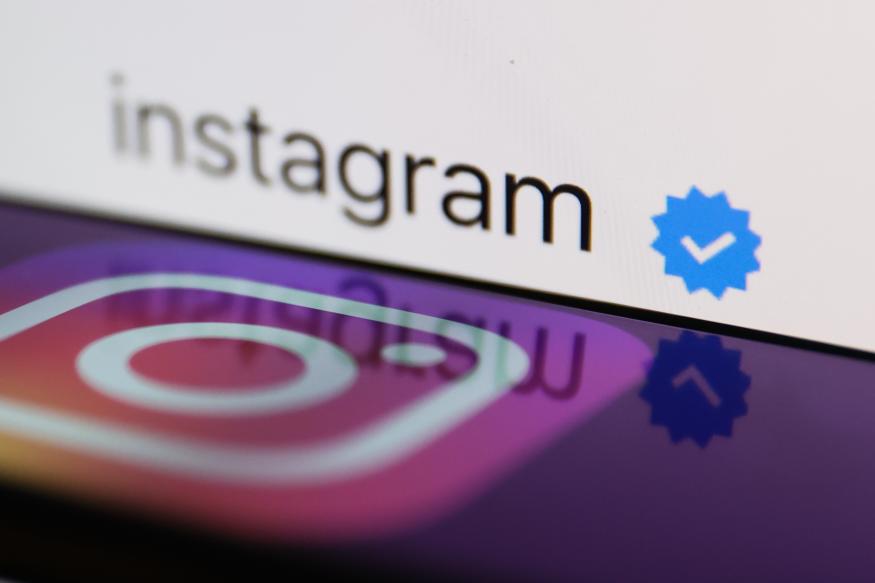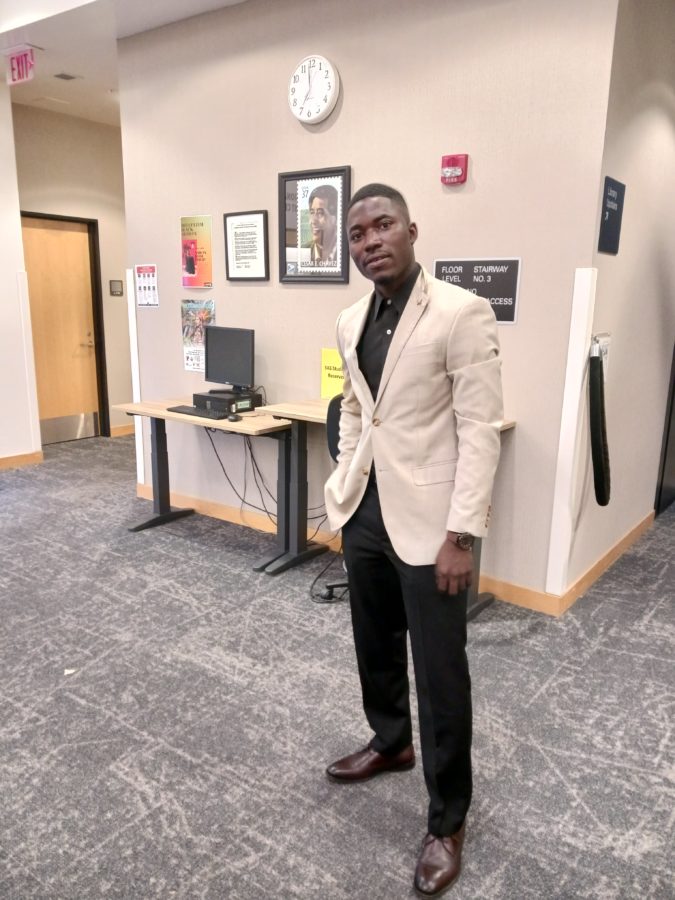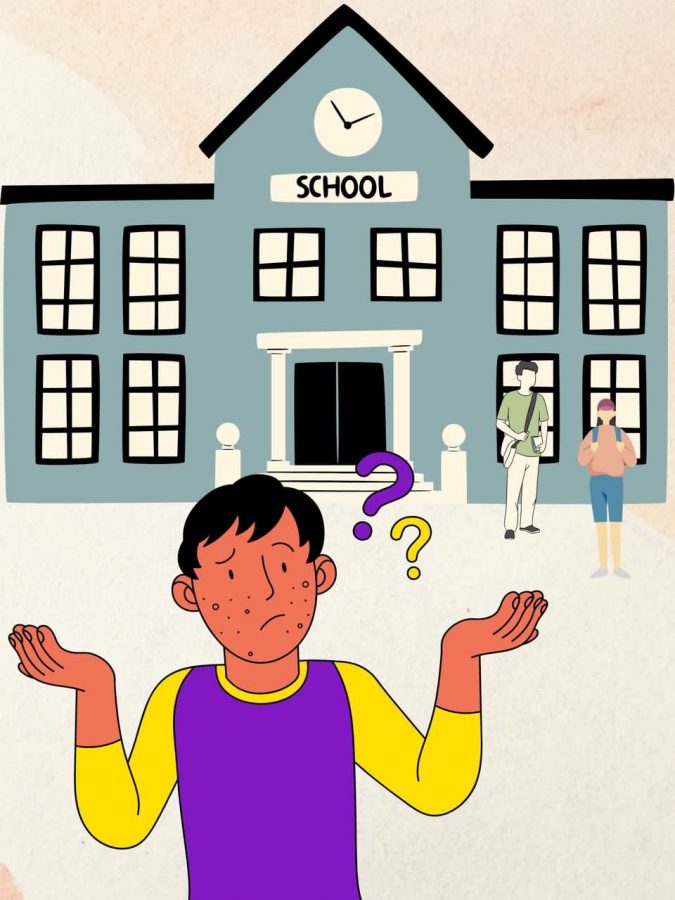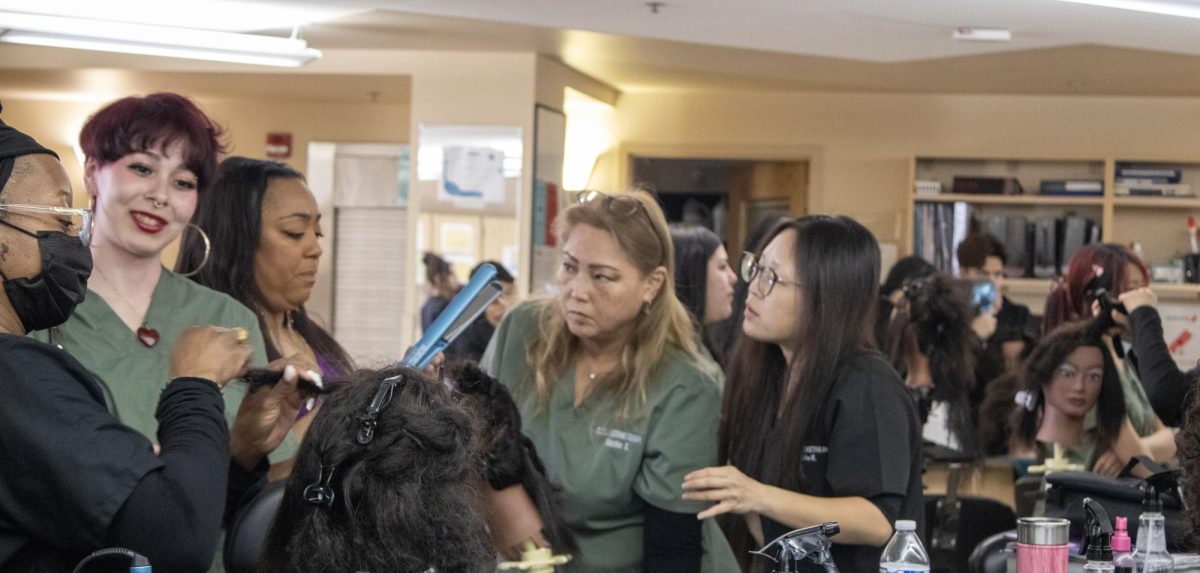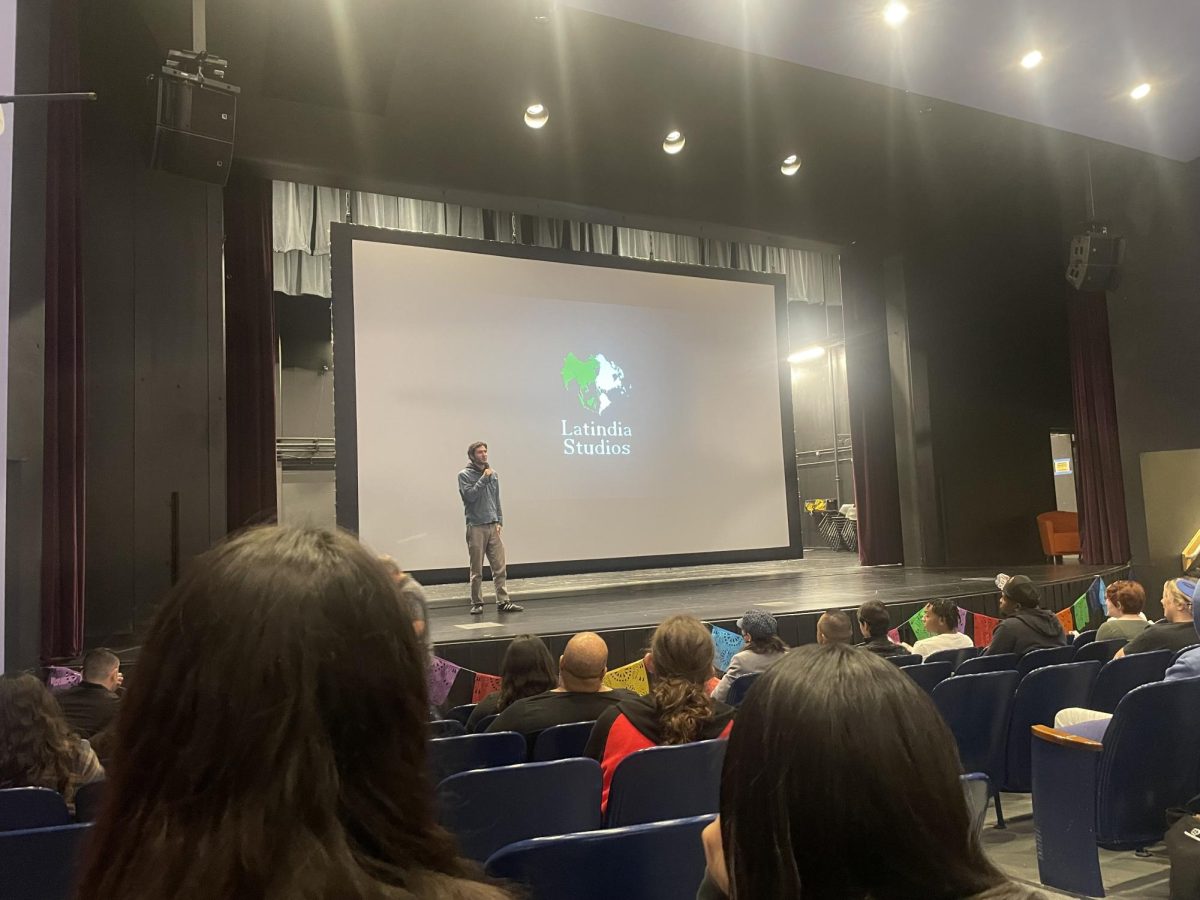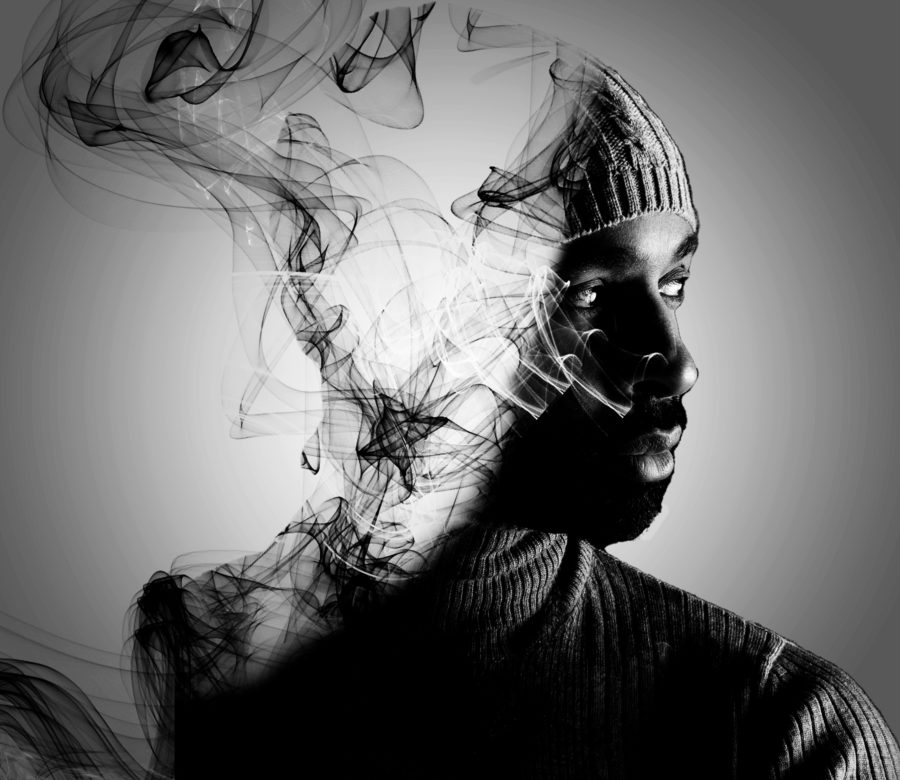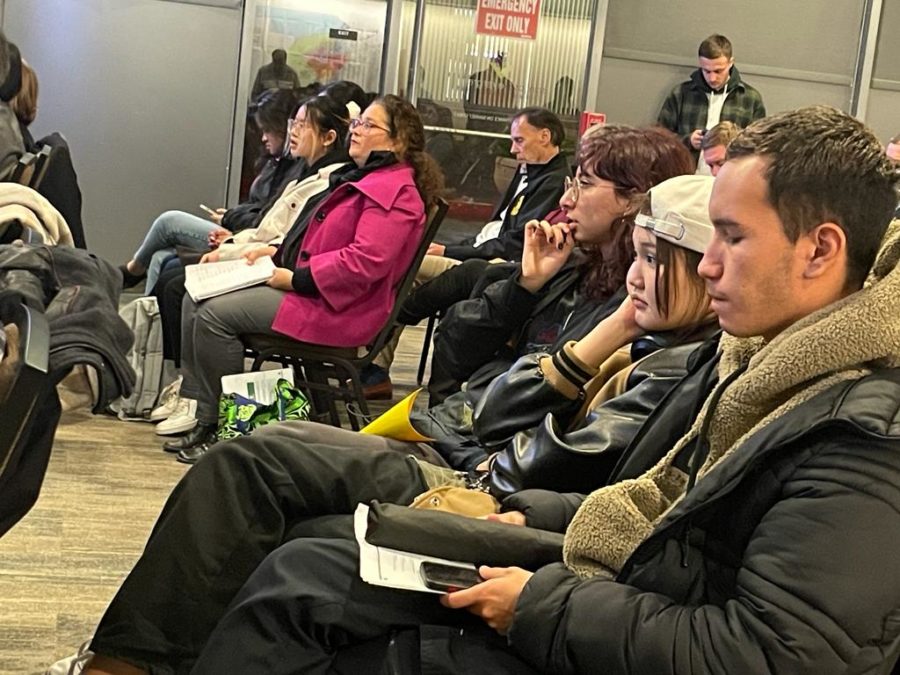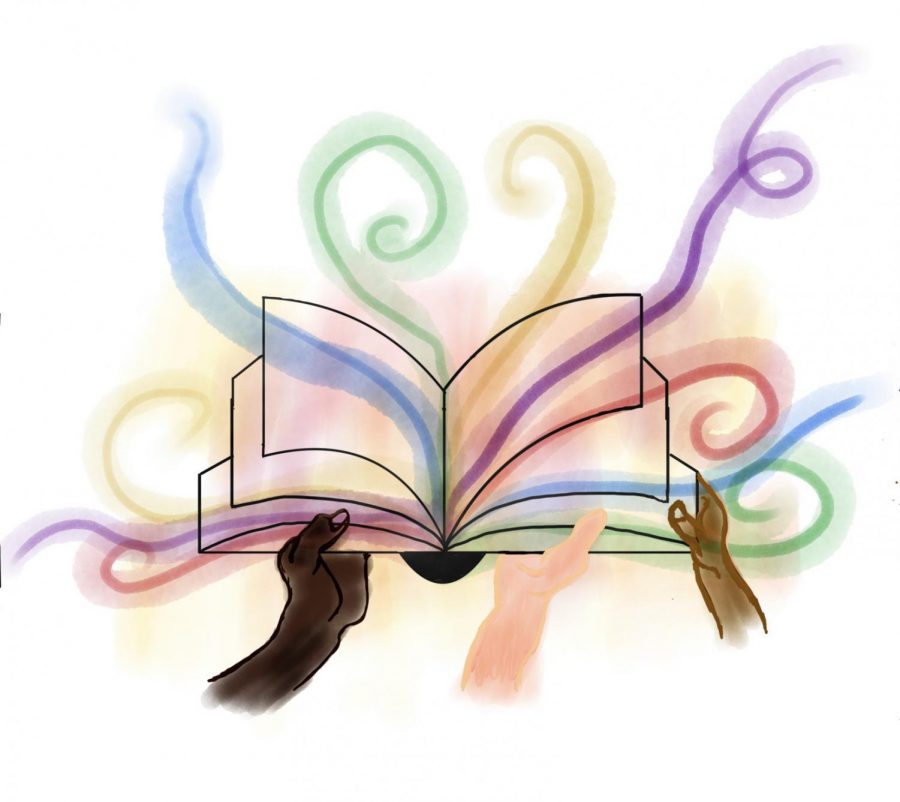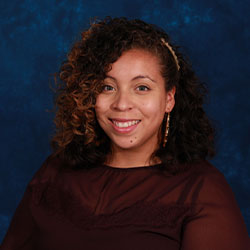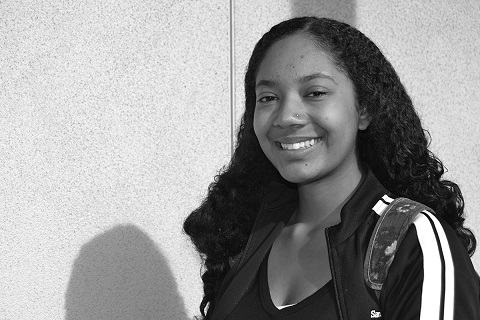
I am a beautiful, brown-skinned, 5’9 young lady with thick thighs and a small waist, brown thick curly hair, a welcoming contagious smile and brown eyes that look for a bright future. People always ask me where I am from, as if I don’t belong here.
I say I was born in San Jose and lived here my whole life, but without hesitation, I add my racial background, “I am Puerto Rican, Native American and Black.” In a society that alienates people based on race, these two questions go together.
With race now being the main topic of discussion, their reaction usually is, “Wow! That’s exotic.” and, “Such a beautiful mix!”
Yes, compliments are nice to hear, but am I only beautiful to them because society has decided that being mixed is “in” and that a little bit of black is beautiful? People don’t know what to say about my beauty. They say I’m exotic, meaning I’m unrecognizable, that I don’t belong in their society.
The term exotic originates from French people in the 1590s and English people in the 1620s, who used it to describe the outlandish and the alien. Calling humans “exotic” is disrespectful because the term described animals from places lacking civilization from the European perspective.
I’m not a woman: beautiful, pretty, stunning. I’m exotic. Their subtle racism frustrates and saddens me because I have had the hardest time feeling comfortable in my own skin, feeling like I don’t belong.
Wanting to be accepted in different environments and being black, while growing up with a Latin and Native American mom, I questioned which race to identify myself as to others. It seemed as though my mom would never understand my feelings. She just continued to tell me I was beautiful and loved.
Yet she also would say that my hair was too big and that I could never get braids because, “They are dirty.” Even my mom wanted me to fit into society instead of wanting to show off what a beautiful daughter she made. I didn’t see how hair could change people’s perception of me before even getting to know me.
I didn’t feel comfortable at school because all my friends had fair skin and straight hair, and I didn’t have any of that, nor would I ever. At school, people would ask me where I was from but I would never reveal my entire ethnic background because I didn’t know how they would react to me saying I was black. I masked myself from everyone at school and at home because I didn’t think that being black was acceptable. I didn’t think I would be loved.
In taking a look in the mirror and seeing the person I truly am and not what society wants to see, I can answer the question, “Where are you from?” proudly, with no hesitation because I don’t have to mask myself anymore. I have a newfound strength and confidence. And if people don’t want to accept me for who I am, it is their loss, not mine. I love myself even more everyday because I am a beautiful creation, trying to shed light in a world that needs to learn the true meaning of beautiful.
“I am…” is a special series in which we asked students to bring new insight into social issues through the lens of identity and their life experiences, and to answer the ultimate question: Who are you?
To read all other articles in this series, click here.




